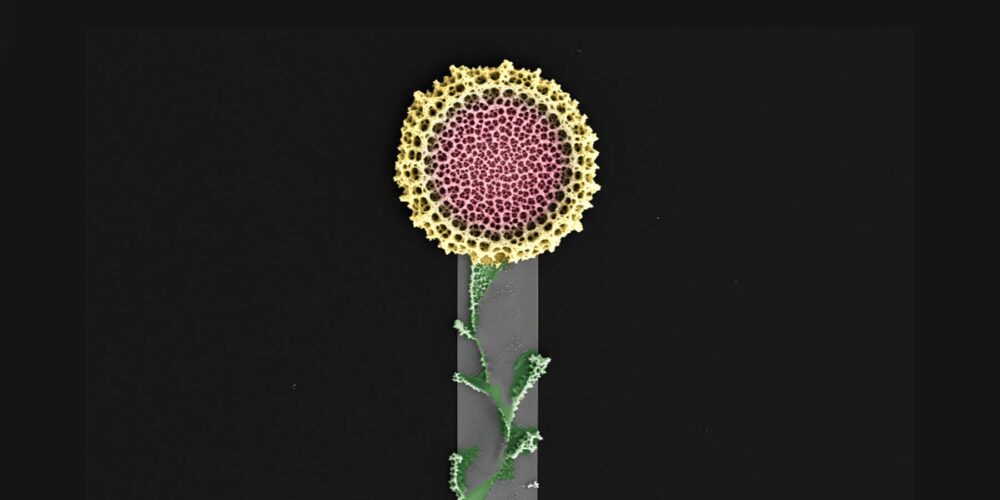
Ultrasensitive simultaneous detection of multiple Alzheimer’s disease biomarkers by a miniaturized on-chip silicon ultra-micro-device based on a universal antifouling interface (ADBs-on-a-chip)
- Fellow
- Vuslat Juska
- Countries
- Ireland, USA
- Institutions
- Northwestern University
University College Cork - Contact
- vuslat.juska@northwestern.edu
- Website(s)
- linkedin.com
Dr Vuslat Juska Tyndall National Institute, University College Cork & Northwestern University
Alzheimer’s is a devastating neurodegenerative disease that affects one in ten people over the age of 65, leading to severe cognitive decline and memory loss. Currently, an estimated 55 million people worldwide are living with Alzheimer’s disease and other forms of dementia, including 64,000 in Ireland and 6.5 million in the United States. The impact of Alzheimer’s disease is catastrophic, affecting not only the patients but also their caregivers, families, and society, with significant healthcare, social, and economic implications.
The spread of COVID-19 has demonstrated the importance of having rapid diagnostic tools such as electrochemical biosensors in order to facilitate precise population screening. Such analytical devices can convert a biological signal into an electrical signal correlated with the concentration of the target analyte and are capable of providing quantitative analysis with high sensitivity, specificity, and selectivity. A significant advancement in this field has been the recent integration of electrochemical biosensors with silicon microfabrication, which provides various advantages. Microfabrication technologies offer several benefits including design flexibility to construct micro/nano patterns with multiplexed features, excellent reproducibility, and cost-effective miniaturization of complex devices via volume manufacturing. ADBs-on-a-chip aims to develop a multiplexed sensing device for Alzheimer’s disease clinical biomarkers.
As aging populations grow, and Alzheimer’s disease is becoming an increasingly urgent and critical issue, there is a critical need for further research to develop improved and early diagnostic protocols, which could serve as invaluable tools for decision-making in disease prevention and management. To address this challenge, ADBs-on-a-chip combines highly advanced bio-interfaces with silicon micro technologies to enhance the sensing capabilities. Dr Juska carries out this pioneering research at Tyndall National Institute, University College Cork under the mentorship of Dr Alan O’Riordan , and under the mentorship of Professor Shana Kelley, Northwestern University.
Publications and Links
News
Vuslat presented her research at the Alzheimer’s day at Northwestern University and at Biosensing Technology Conference at Seville, Spain in May 2024.